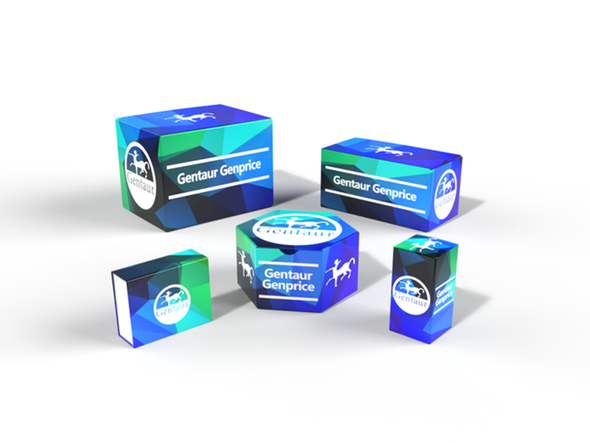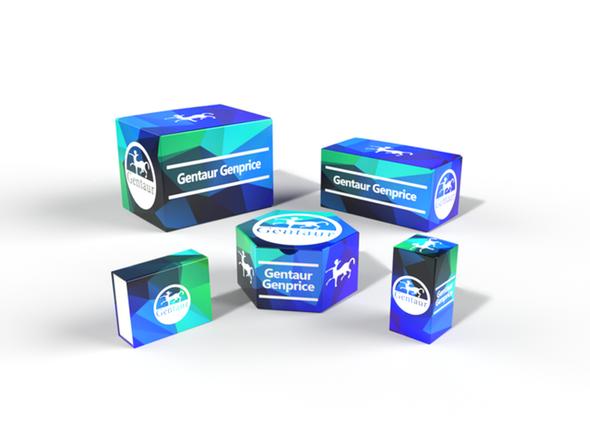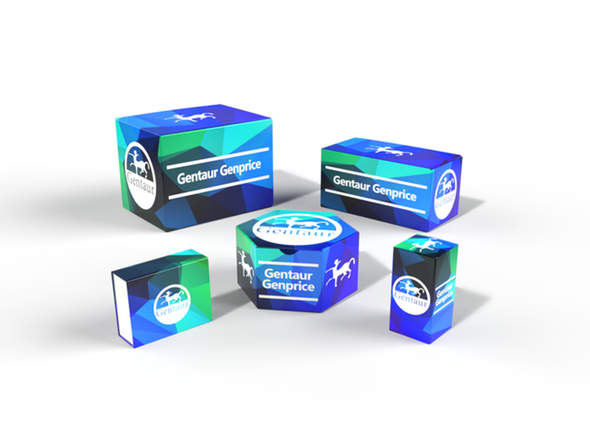BW
BTRC (Beta TRCP) monoclonal Antibody | MB62646
- SKU:
- BW-MB62646
- Availability:
- Usually ships in 5 working days
Description
BTRC (Beta TRCP) monoclonal Antibody | MB62646 | Gentaur UK, US & Europe Distribution
Host: Mouse
Reactivity: Human, Mouse, Rat
Application: FC, IF, WB
Application Range: WB 1:1000, IF 1:100, FLOW 1:100
Background: This gene encodes a member of the F-box protein family which is characterized by an approximately 40 amino acid motif, the F-box. The F-box proteins constitute one of the four subunits of ubiquitin protein ligase complex called SCFs (SKP1-cullin-F-box), which function in phosphorylation-dependent ubiquitination. The F-box proteins are divided into 3 classes: Fbws containing WD-40 domains, Fbls containing leucine-rich repeats, and Fbxs containing either different protein-protein interaction modules or no recognizable motifs. The protein encoded by this gene belongs to the Fbws class; in addition to an F-box, this protein contains multiple WD-40 repeats. The encoded protein mediates degradation of CD4 via its interaction with HIV-1 Vpu. It has also been shown to ubiquitinate phosphorylated NFKBIA (nuclear factor of kappa light polypeptide gene enhancer in B-cells inhibitor, alpha), targeting it for degradation and thus activating nuclear factor kappa-B. Alternatively spliced transcript variants have been described. A related pseudogene exists in chromosome 6. [provided by RefSeq, Mar
Storage & Stability: PBS (PH 7.3) containing 1% BSA, 50% glycerol and 0.02% sodium azide.
Specificity: beta-transducin repeat containing E3 ubiquitin protein ligase
Molecular Weight: 68.7 kDa (Predicted)
Note: For research use only, not for use in diagnostic procedure.
Alternative Names: BETA-TRCP; betaTrCP; bTrCP; bTrCP1; FBW1A; FBXW1; FBXW1A; FWD1
Immunogen: Human recombinant protein fragment corresponding to amino acids 52-354 of human BTRC (NP_378663) produced in E.coli.
Conjugate: Unconjugated
Modification: Unmodification
Purification & Purity: Purified from mouse ascites fluids or tissue culture supernatant by affinity chromatography (protein A/G)
Pathway: N/A






